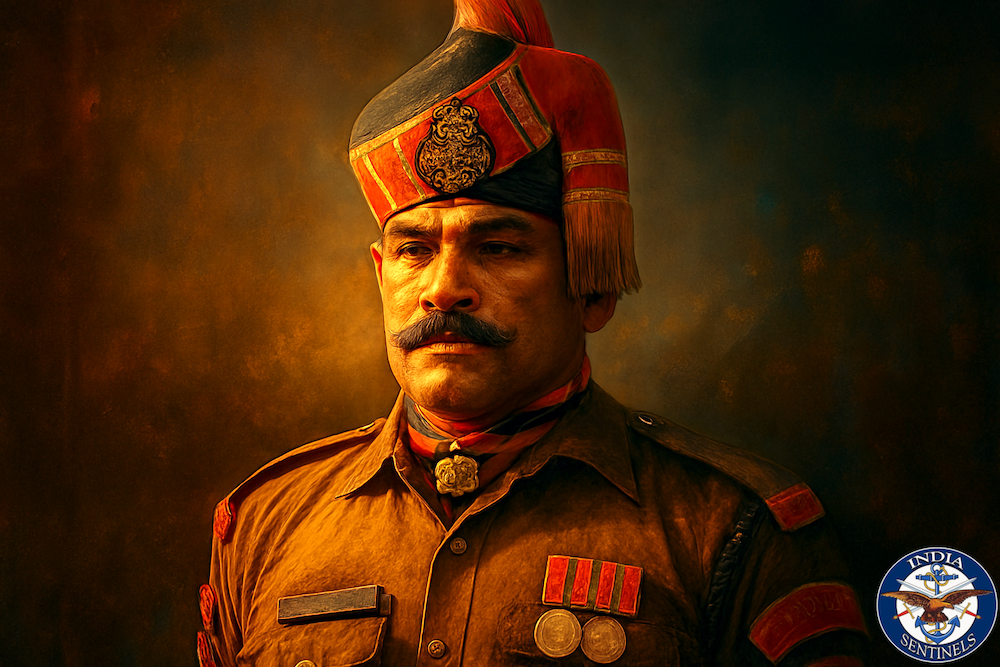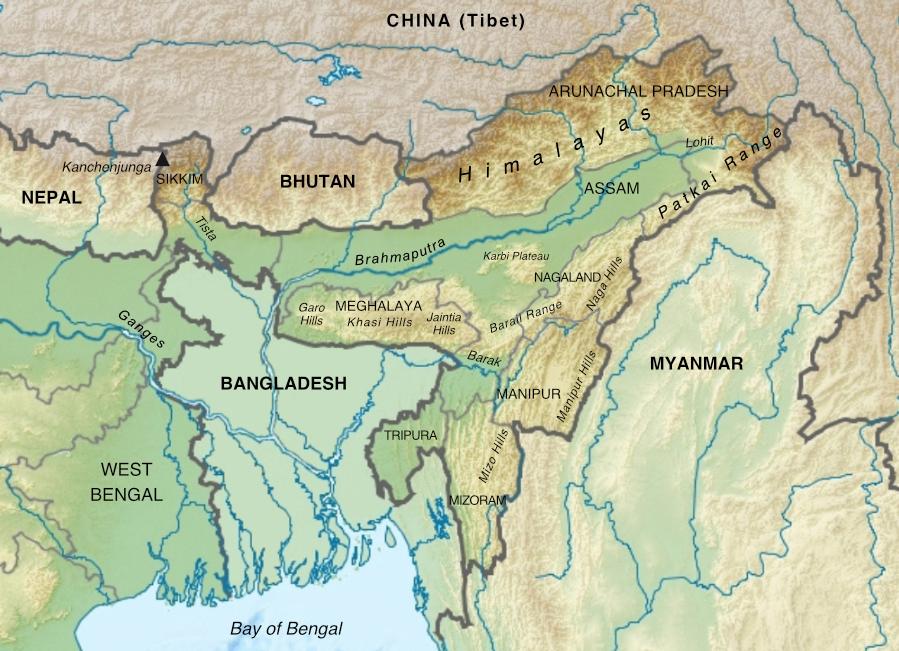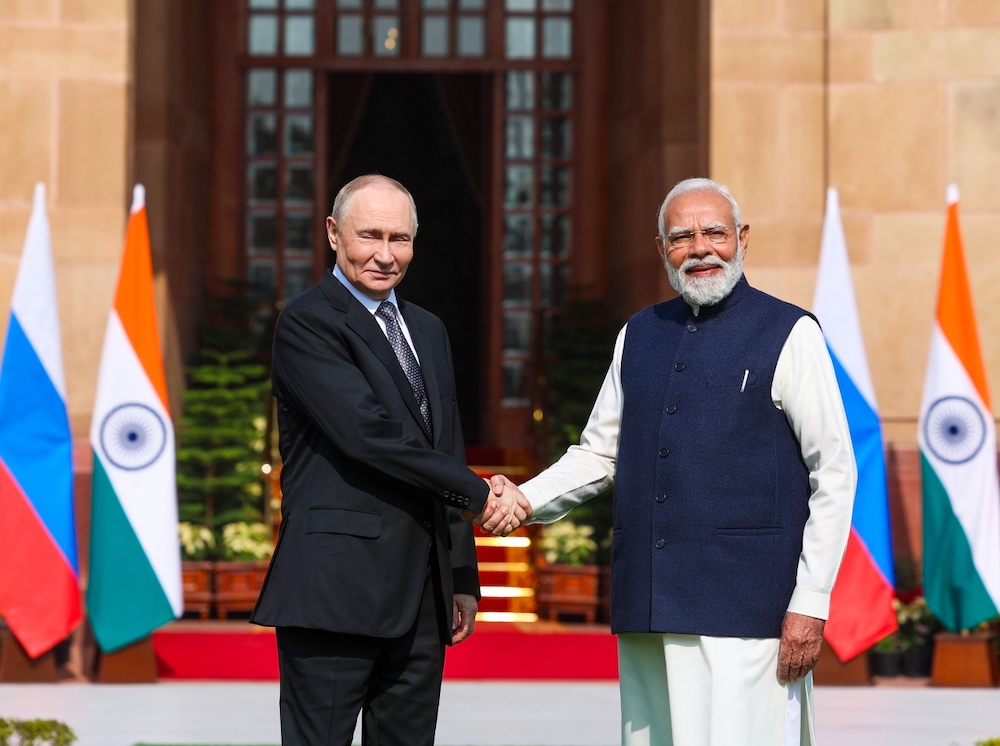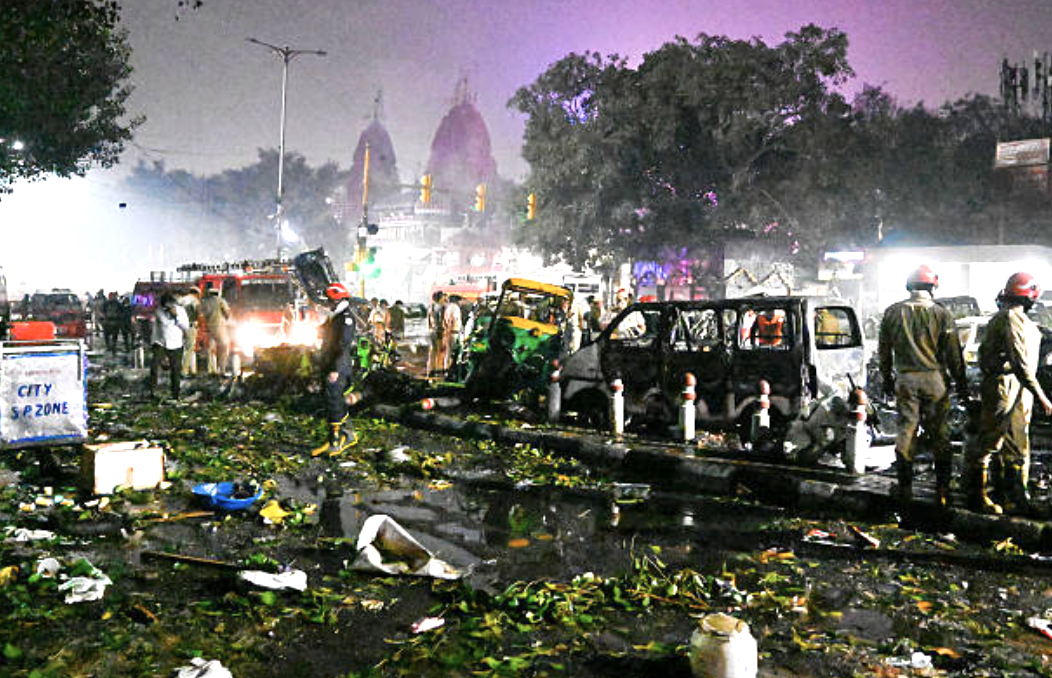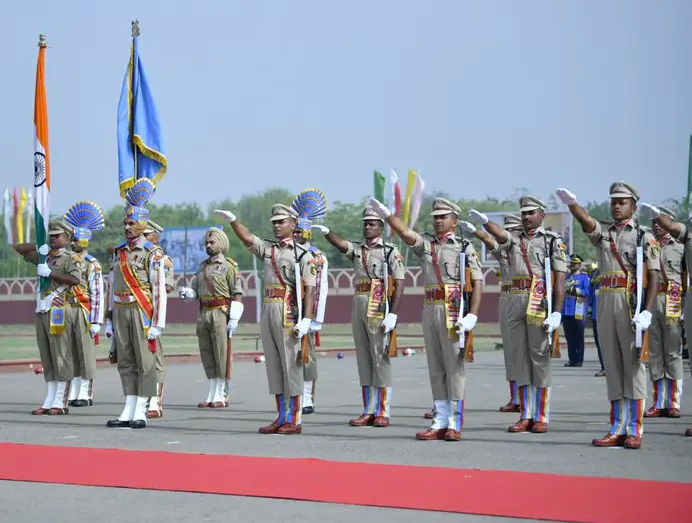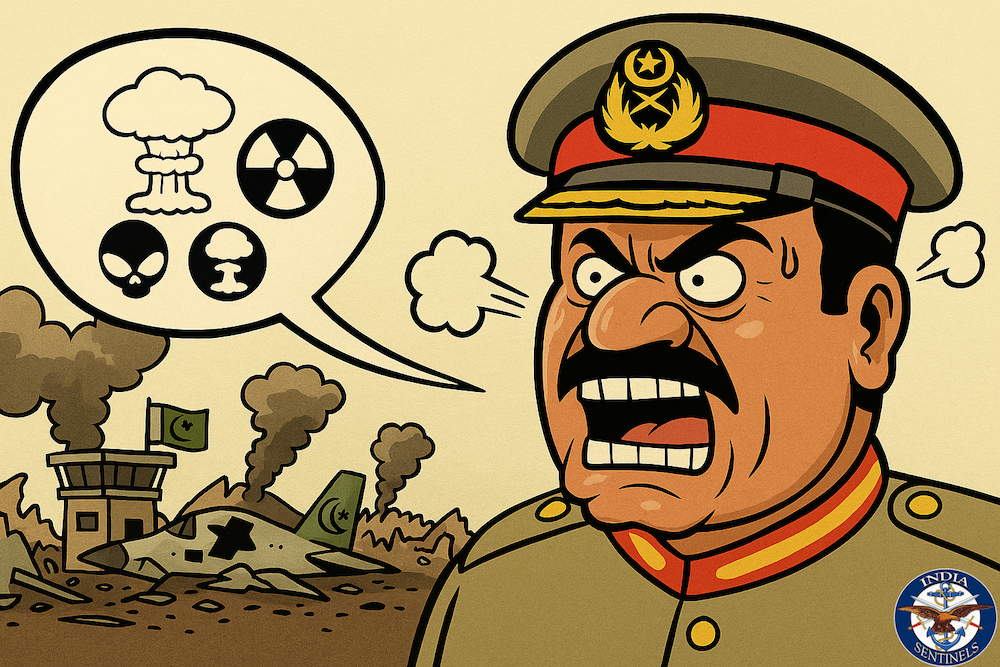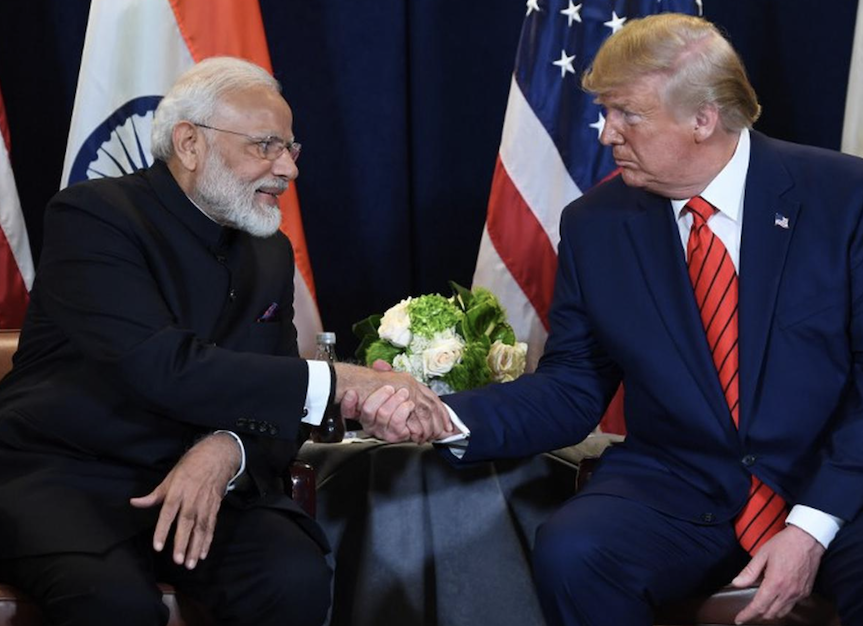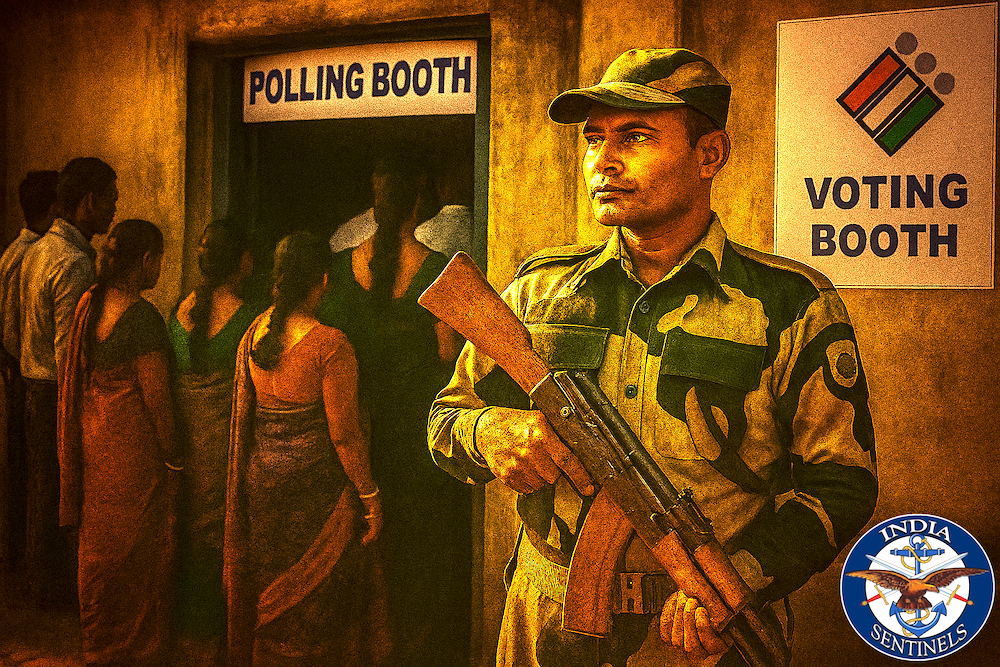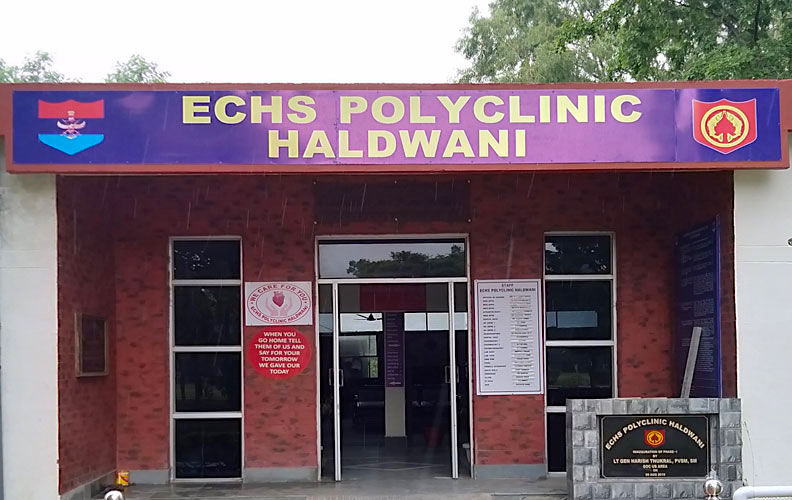 An ECHS polyclinic in Haldwani, Uttarakhand. (Representative photo via ECHS website.)
An ECHS polyclinic in Haldwani, Uttarakhand. (Representative photo via ECHS website.)
When the Ex-servicemen Contributory Health Scheme (ECHS) was launched on April 1, 2003, it represented a beacon of hope for the Indian armed forces’ veterans. After decades of service to the nation, often in the harshest conditions imaginable, veterans were promised quality healthcare that would honour their sacrifices. The scheme’s motto – “Accessible, affordable and efficient healthcare to the ex-service personnel and their dependents” – filled the proud veterans with optimism.
The initial blueprint seemed comprehensive and thoughtful. No age or medical condition would bar membership. The veterans would make a lifetime contribution but receive unlimited benefits with no monetary ceiling on treatments. Both outpatient and inpatient services would be covered, including medicines.
Read also: Rising incidents of mistreatment of soldiers by police point to deeper rot
Reimbursements would follow the Central Government Health Scheme rates. Most importantly, the familiar environment would provide the veterans a sense of belonging, something every one of them craves after hanging up the uniform.
Twenty-two years on, they find themselves questioning whether this noble vision has materialized as intended. Has the ECHS truly become the flagship welfare incentive it was designed to be?
The reality on the ground paints a different picture. Delays in reimbursement have become commonplace, forcing many veterans to dip into their savings or pension funds for immediate medical needs. The infrastructure remains woefully limited, with polyclinics overwhelmed and understaffed. Essential medicines are frequently unavailable, and specialized services are scarce.
Read also: Erosion of India’s armed forces is a cause for national concern
The empanelment issues further compound their problems. Private hospitals are increasingly reluctant to treat ECHS beneficiaries due to low reimbursement rates and payment delays. The digital and administrative inefficiencies add another layer of frustration to the already vulnerable veterans seeking timely care.
Perhaps most concerning is the regional disparity. Veterans in remote or rural areas face significantly greater challenges accessing quality healthcare than their urban counterparts. The referral system is cumbersome, often delaying critical treatments. And regrettably, there remains no clear policy regarding treatment or surgery in life-saving emergencies – a glaring oversight that has cost lives.
Read also: Have the armed forces been discriminated against?
These observations are not meant to merely criticize but emerge from bitter experiences shared across the veteran community. They understand the challenges of implementing such an ambitious scheme, but after more than two decades, these should be teething problems long resolved, not persistent ailments.
The path to improvement is clear. They need speedier payments and real-time tracking systems for claims. Infrastructure requires significant upgrades to meet growing demands. The referral system must be simplified to ensure timely specialized care. Greater awareness about benefits and procedures would empower veterans to better utilize available services.
Read also: Indian Armed Forces – Whose military is it anyway?
Incentivizing quality hospitals for empanelment and selecting specialist doctors with care would enhance the standard of healthcare. Modernization of labs and equipment is long overdue. Region-specific policies would address geographical disparities, while robust feedback mechanisms and grievance redressal systems would ensure continuous improvement.
The ECHS was conceptualized as a well-thought-out scheme to provide the latest and best healthcare to veterans. While it has made some impact, many systemic and logistical challenges remain unaddressed. With sincere effort from the government, ECHS could still become a model healthcare program that other nations might emulate.
Read also: OROP – The wretched veteran’s endless mirage chase
Veterans are perhaps the least demanding citizens. They ask not for special treatment but simply for the care that they were promised – care that acknowledges the service they rendered to our country. Both empanelled and service hospitals must ensure the veterans are treated with dignity, unlike the distressing incidents that took place during the Covid-19 pandemic when even top service hospitals refused treatment to veterans.
Sound financial support would transform this facility into a specialty service in the coming years. One sincerely hopes that the motto “familiar environment to give a sense of belonging” does not remain merely a saying or a fleeting promise. And one also hopes that the launch date of April 1 is not becoming an unintended metaphor for the scheme itself.
India’s veterans deserve better. After all, a nation that forgets its defenders will soon need to be defended from itself.
Disclaimer: The views expressed in the article are the author’s own and don’t necessarily reflect the views of India Sentinels.
Follow us on social media for quick updates, new photos, videos, and more.
X: https://x.com/indiasentinels
Facebook: https://facebook.com/indiasentinels
Instagram: https://instagram.com/indiasentinels
YouTube: https://youtube.com/indiasentinels
© India Sentinels 2025-26

